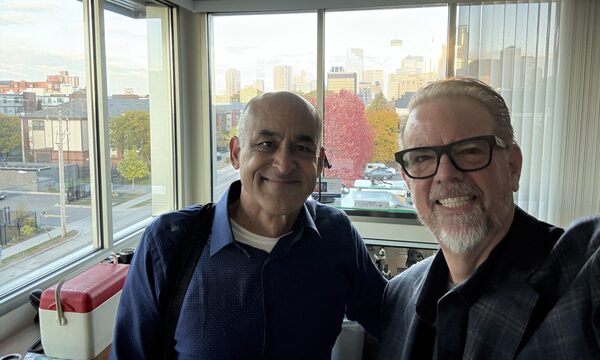God’s role as a divine warrior is most likely one of his more neglected characteristics. Some today have gone so far as to reject any talk today about God being a divine warrior, viewing it as tired metaphor that should be retired. But most Christians have simply stopped thinking of God as one who fights. Not only does it not seem to mesh well with the picture of the peaceful Jesus but it is also out of step with most of contemporary culture. In spite of these concerns, looking at the martial actions of YHWH in the Old Testament (YHWH is a transliteration of God’s name in Hebrew) can help us understand better the God that we serve.
One of the most important aspects of YHWH as a divine warrior is why he fights: to combat injustice and bring order to the world. The first major battle YHWH fights in the Old Testament is against the Egyptians in the exodus (the topic of my dissertation). YHWH does not fight them because he hates the Egyptians, but to rescue Israel from Egyptian oppression. Many other examples could be given from the Old Testament of God rescuing his people when they called out for help in the midst of oppression.
While the idea of a divine warrior might seem quaint to many today, I think that we have retained the concept but changed its form. The basic idea of a divine warrior is calling on someone outside the “system” to come and fix a problem inside the system. The Israelites saw no way within the system of ancient Egypt that they would be rescued (for example, the law courts would rule on their behalf to stop their oppression), so they appealed to their God, a divine warrior who was greater than the system. Today, action movies provide a way to dream about various solutions to the problems of our contemporary world from “outside the system.”
The 2012 movie Jack Reacher, starring Tom Cruise, portrays the adventures of a former military policeman who brings justice to an innocent man convicted of murder by finding the true criminal through legally suspicious means. The tagline illustrates the desire for a divine warrior: “The law has limits. He does not.” When the system (in this case, the legal system) does not work, we desire someone or something outside of it to fix the problem. The scene in Iron Man in which Tony Stark rescues the civilians from the terrorist attack is a similar dream about solving a contemporary problem from outside the system. We may not call on divine warriors today, but many of our solutions for injustice sound suspiciously like divine warriors, such as American military strength, the UN, or technology in general (watch the original Star Trek TV series from the 1960’s for the belief that science can solve most of the world’s problems).
Even though our systems often work quite well, we still see a world that is badly broken. We can partially heal this broken world, and I am excited to hear stories about Christians doing just that (including many Biola graduates!). However, ultimately we need a divine warrior to come and permanently end injustice and bring order to our broken world. The end of our Bibles portrays just such a picture: Jesus the divine warrior returning to earth in glory (Rev 19). As we are surrounded by injustice and cruelty, we look forward to that day when the divine warrior will come to set everything right.
 Biola University
Biola University



.jpg)